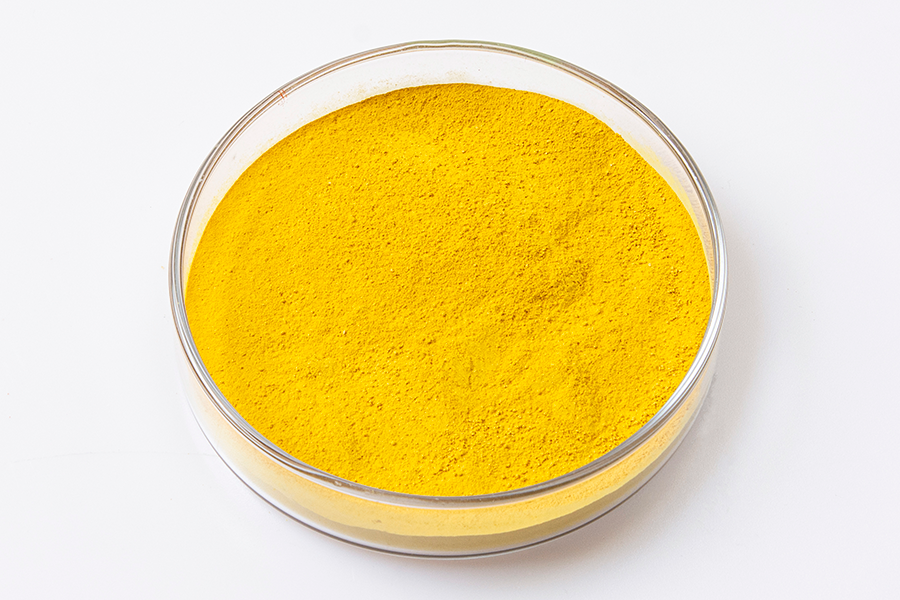and cause growth retardation, diarrhea, and reproductive disorders.
and cause growth retardation, diarrhea, and reproductive disorders.

All feed ingredients, except cassava, contain folic acid, mostly in bound forms but with good bioavailability. Beer and feed yeast are particularly rich in folic acid, with other good sources including green parts of plants, soybean meal, potatoes, wheat bran, and liver. Grains and fish meal contain lower amounts. The active form of folic acid functions as a coenzyme in metabolism, transferring one-carbon units (such as formyl and methyl groups), particularly in amino acid and nucleic acid synthesis. It works together with Vitamin B12 and is core for the formation of red and white blood cells. Folic acid deficiency can lead to anemia, especially pronounced when Vitamin B12 is also deficient, and may cause growth retardation, diarrhea, and reproductive disorders. In poultry, poor feather quality, feather discoloration, leg injuries, and reduced egg production may occur, and hair loss in pigs. Animals can synthesize folic acid through gastrointestinal microbes, but this is usually insufficient for poultry and young animals, necessitating supplementation. Using folic acid antagonists (such as sulfonamides) need special attention to supplementation, and it is generally not required in adult ruminants.
| Ingredient |
Folic Acid
|
| How to use |
Please inquire.
|
| Package |
25 kg bag
|
| Expiry Date |
Unopened, store for 36 months
|